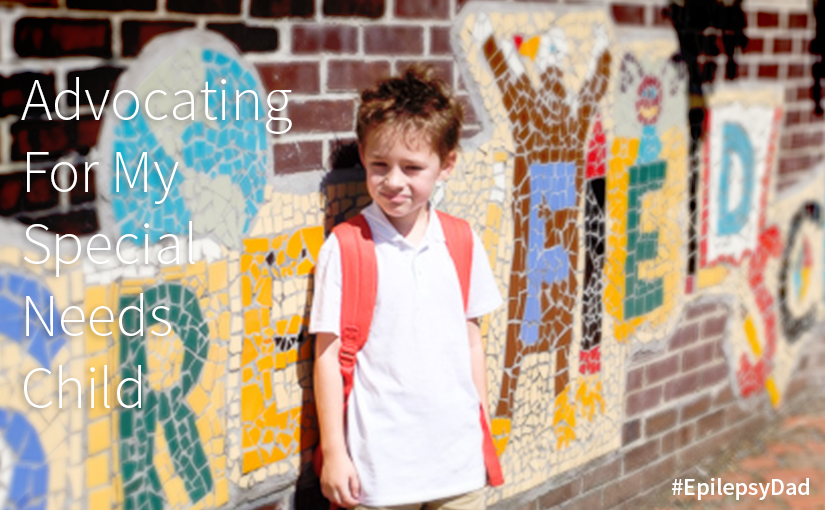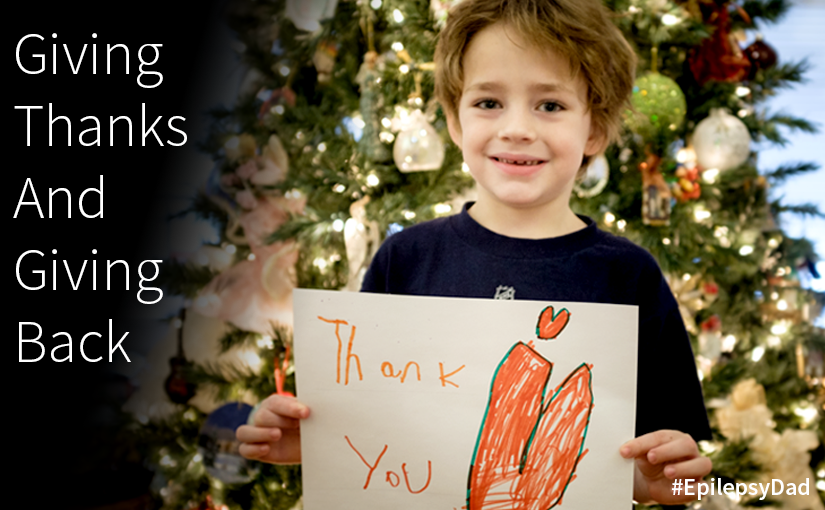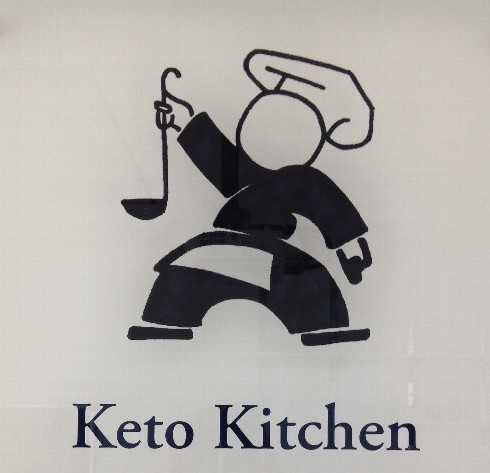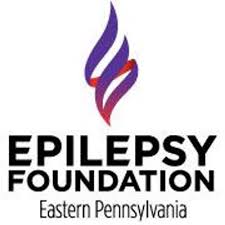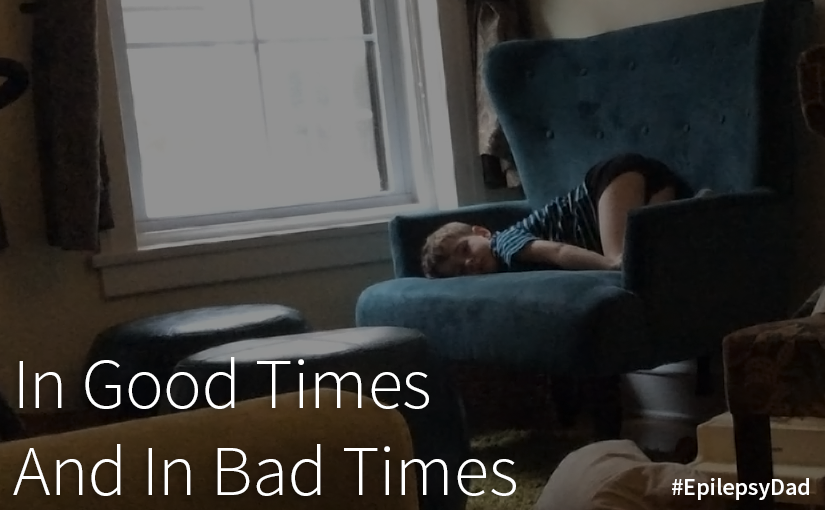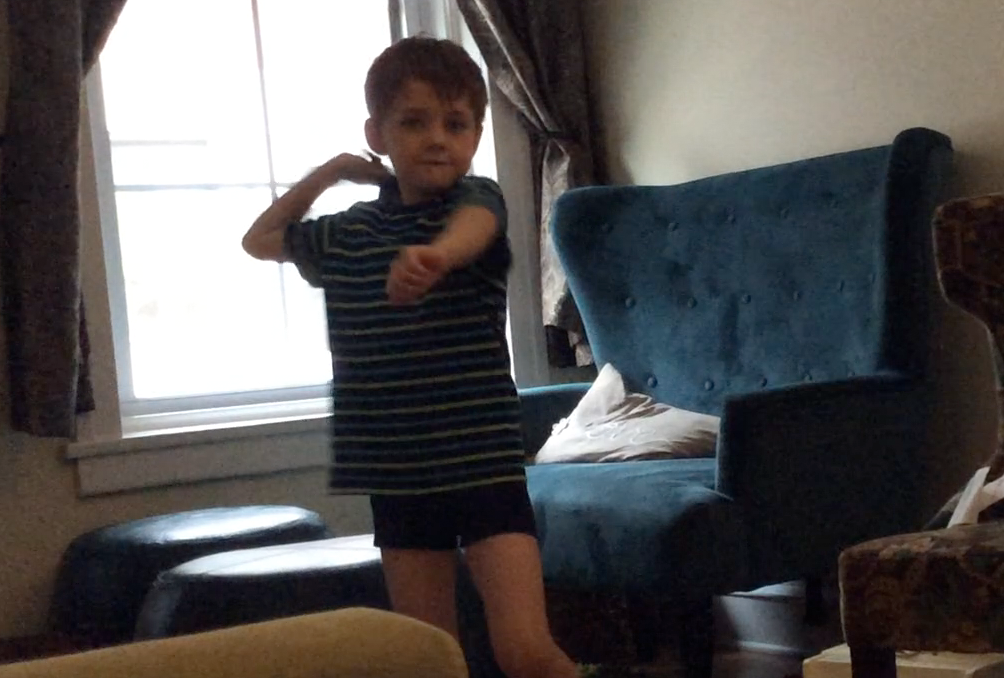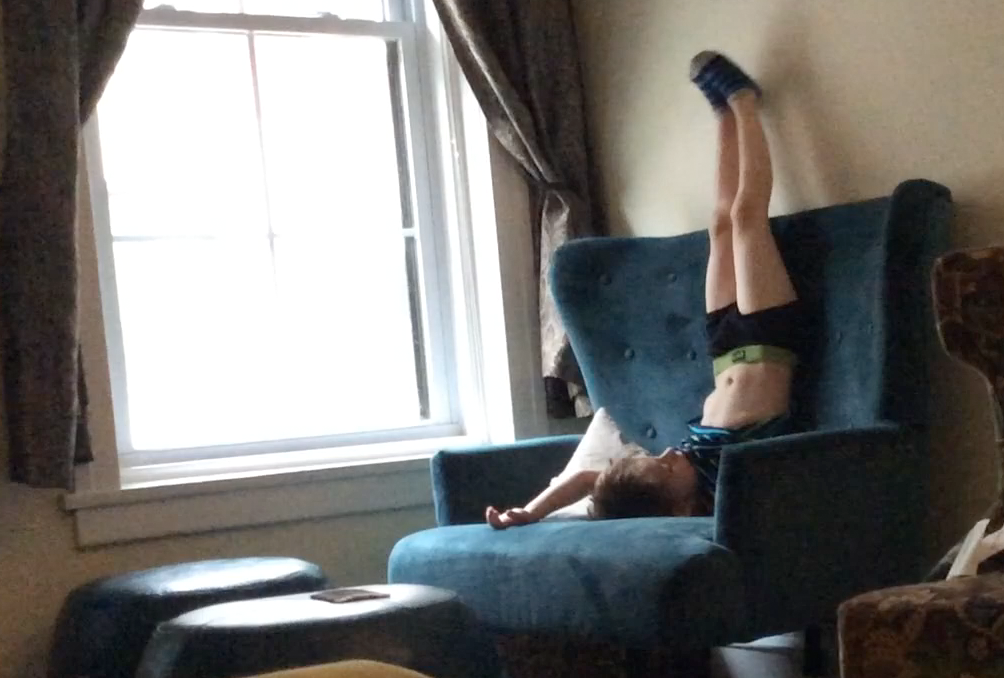By the time my son started kindergarten, we had gotten him off another toxic medicine and he started to settle in to the ketogenic diet and a new medication. His behavior began to level off and his seizures happened mostly at night. He still needed assistance during the day, special needs coming from a combination of seizures, behavior, and attention, but the district found him a one-on-one aide that could start the first day of school. Everything seemed to come together just at the right time.
His one-on-one was not specifically trained. I’m not sure she knew what the details of the job were before the first day, so we basically told her that she should keep our son safe, watch for seizures, and help keep him on task if he has a hard time focusing or demonstrating a lack of impulse control. After a week or two, we started to receive feedback from the teacher that the aide wasn’t going out to recess with him, a time where having a seizure would leave him most vulnerable. We also learned that she was making him sit by himself during lunch on those days where his stomach was having a hard time with the fat in his diet and he didn’t bring food, leaving him to sit at the end of the table away from his friends.
Instead of bringing it up to the district, we wrote a list of “expectations” with my son’s teacher and gave them to the one-one-one. She did better for a time, but it was clear that working with children was not her thing and that she was just showing up for the paycheck. There was no warmth, no compassion, and no attempt to get to know our son, but we let it go because at least she was doing something, and our son was doing so much better.
His teacher and the class aide also did what they could, but in a class of 29 children, my son could only receive so much special attention. But again, he seemed to be doing so much better, so we thought, between the teacher, aide, and the extra body that was his one-one-one, that our son was getting enough support because he was in school, making friends, and learning. Things were on cruise control, and we let a lot of things slide.
Last week, though, our son got sick. We already learned early on that epilepsy and sickness don’t play nice together. It was actually the flu that brought us to the emergency room the first time things got bad with my son’s seizures, and where we saw first-hand the increase in seizures that come along with the sneezing, coughing, and runny nose. This time, though, we had a good base of medication and diet, so we weren’t seeing a big increase in seizures, but we were seeing more attention, focus, and impulse control issues.
This happened to be the same week where my son’s one-on-one took a different job. I was told by my six-year-old that his helper’s last day was the previous Friday. No one told us (or his teacher) the the aide had left, so my son was left to find his way in a classroom during a week where he most needed the help.
The episode was our wake up call. The nurses and social workers told us before we started school that, especially with public schools that are desperate for funding, we would need to be our son’s most vocal advocates. But we got comfortable because things were going better than we could have imagined a few months ago. We let ourselves drift in to a state of dangerous complacency because of how well our son was doing and we stopped pushing for what our son needed.
I haven’t been doing it that long, so I’m still learning what it means to be the parent to a child that has special needs. It’s hard enough to watch my son struggle with his epilepsy and related side effects. It’s exhausting to think about the level of effort that will be necessary to stay vigilant and ensure he is getting even the most basic services, nevermind what he needs to succeed. But like the many other parents that struggle every day to navigate the complicated, messy, and difficult world surrounding a special needs child, I’ll be loud and fight for what my son needs. Because if I don’t, no one else will.
